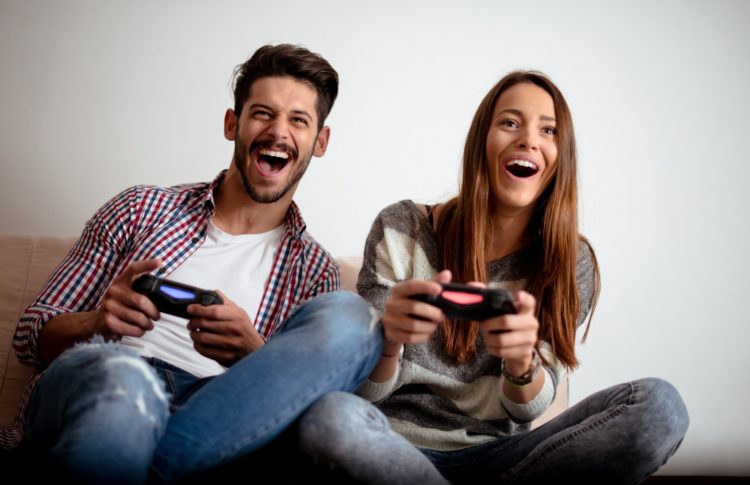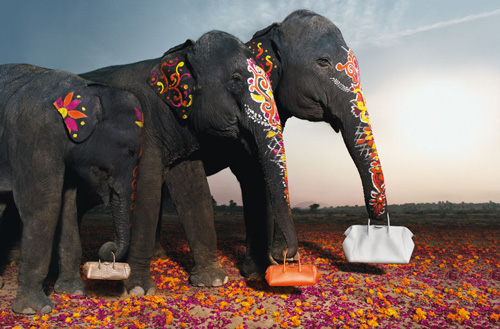What drives luxury shoppers in China and India across urban and semi-urban markets?
Luxury goods are not just about quality and craftsmanship. They are also about status, identity and social influence. But what motivates luxury consumers to buy expensive products in large emerging markets such as China and India? And how do these motivations vary across different urban and semi-urban segments of consumers [Read Story]
Luxury industry: cracking the conundrum of lower-tier cities across emerging markets
Luxury brands market their products in many large emerging markets like India and China thinking consumers are the same within these countries. Our latest research shows that significant differences exist within higher - and lower - tier cities in their consumption motivations. We provide guidance on successfully negotiating these complexities.
LVMH & Tiffany: The master negotiator is at play again!
The LVMH's Tiffany acquisition was announced in late 2019. However, recently, rumours have emerged that LVMH has got cold fit in paying 37% premium for an acquisition in this COVID-19 era. I offer an alternative account of what may be going on behind the scene. Speculative I know, but nothing is impossible in the master negotiator Bernard Arnault's playbook. Have a read!
A potential solution to the trillion dollar digital shopping cart abandonment challenge
Digital shopping cart abandonment is a trillion dollar problem that is prevalent across the e-commerce industry irrespective of the sector. Our research sheds light on how to solve this challenge using the self-regulation motivation.
What is your digital value strategy?
Value is a fundamental driver for consumer decision making. However, many organizations are unclear about what value consumer derive from their products or services. Moreover, this is even more complicated in the digital environment. Using research over the past decade, I provide a strategic toolkit to think and thrive through developing and managing digital value for your organization.
Engaging the gamers: what motivates gamers to purchase virtual goods
Virtual goods market generates more than $15 billion in annual revenue globally and is rising rapidly. We demonstrate how and which extrinsic and intrinsic motivations influence gamers to engage and purchase virtual goods. In examining the interactive effects of individual- and group-level variables, we uncover the social influence dynamics that drive virtual purchase behaviour. Thus, we answer if the virtual economy-based purchase behaviour demonstrates an extension of real-world behaviour.
Listen to my latest radio interview








